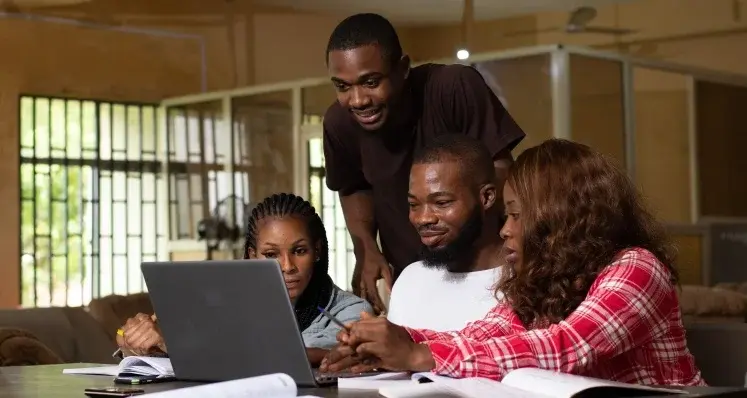The International Telecommunication Union (ITU) have partnered with Enhanced Integrated Framework (EIF) to launch a cooperative project to enhance the digital ecosystem and build digital skills for women in Least Developed Countries (LDCs)
The project will address the ongoing digital gender divide which has been widening in developing nations and the LDCs since 2013 while narrowing in developed regions. The proportion of women using the Internet across Africa is 12% lower than the proportion of men; in African LDCs, the disparity is widening to a gap of 31%.
The ITU and EIF will combine their resources to enhance efforts to benefit women in Burundi, Ethiopia and Haiti. This will be achieved by building capacity at the policy level, increasing governments’ ability to mainstream gender and information and communication technologies (ICTs), and by expanding the horizons of thousands of women entrepreneurs in sectors such as textiles and apparel, and the coffee and cocoa value chains.
ITU Secretary-General Houlin Zhao said, “More than ever before, digital technology is a crucial driver of women’s economic opportunities. This partnership between ITU and EIF will result in vital policy support to ensure the sustainable expansion of ICTs where it is most needed and will benefit women as they access and use ICTs to participate fully in their economies.”
Improving the policy and regulatory environment, which affects the digital society of selected countries will be vital to the success of the project.
To start the discussion on what actions are needed to achieve this improvement, an open discussion is planned among major stakeholders, including women entrepreneurs and women employed in the relevant sectors, ICT ministry officials, trade sector representatives, textile and apparel industry associations, agricultural cooperatives, and private sector companies.
This joint project, a contribution to the EQUALS Global Partnership and part of the Power Trade initiative of the EIF, Empower Women, will help match supply and demand on the job market and facilitate women’s entrepreneurial activities through the use of ICTs.
It will be carried out in close collaboration with local partners such as cooperatives and business associations to ensure that after the project is completed support for women continues and strengthens. The EQUALS partners will be included in the national work, bringing additional expertise to the planning and execution of projects.





















